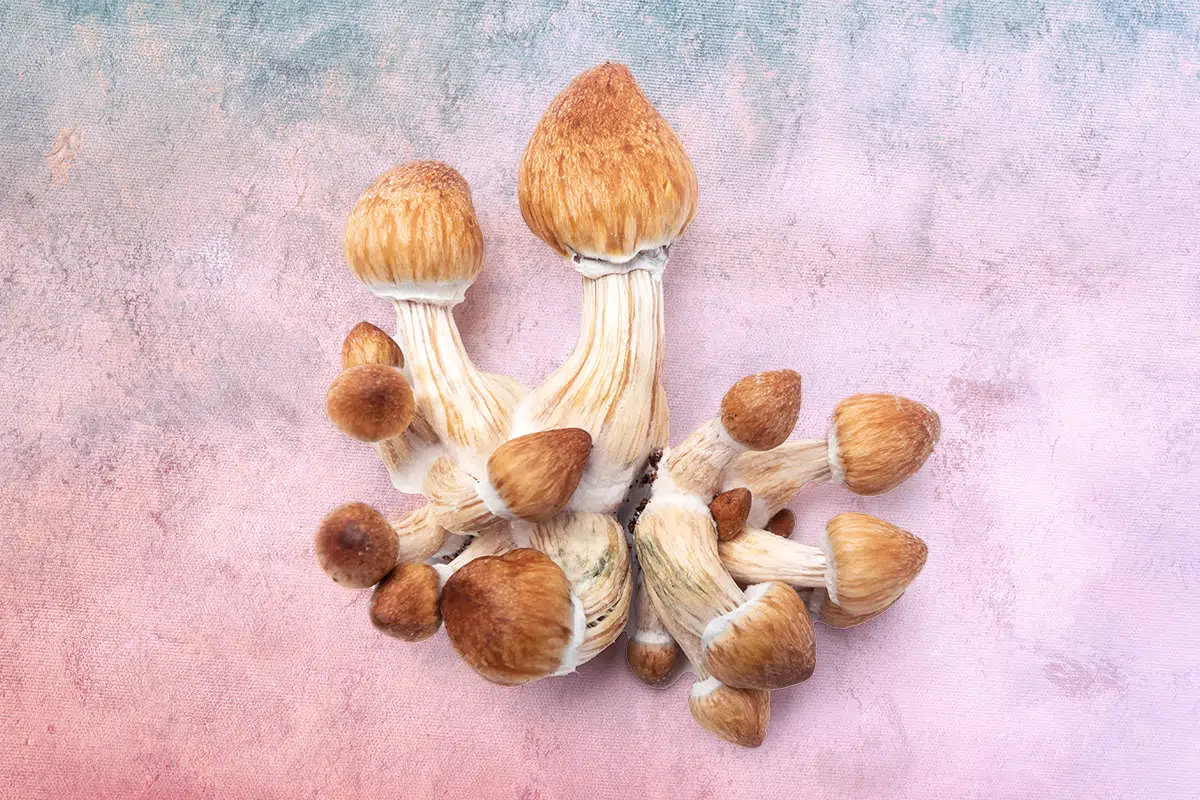On Monday, December 20th the Port Townsend City Council voted unanimously to functionally decriminalize many naturally-occurring psychedelic substances, including “living, fresh, dried, or processed plant or fungal material.” This definition includes psychedelics like psilocybin mushrooms, ayahuasca, mescaline, and iboga.
The legislation was passed via Resolution 21-088, which deprioritizes the “investigation, arrest, and prosecution” of adults “engaging in entheogen-related activities.” The possession, cultivation, and use of entheogenic plants and fungi are now relegated to the “lowest law enforcement priority.”
The resolution stipulates that legal repercussions are deprioritized for adults who choose to consume and cultivate entheogenic plants for religious, spiritual, and personal growth purposes. Legal repercussions will still exist for those under the age of 18. The new ordinance also only deprioritizes engagement with these substances in nonpublic spaces.
Resolution 21-088 was modeled after the decriminalization initiatives passed last October by the Seattle City Council, as articulated in a statement by Port Townsend City Attorney Heidi Greenwood issued on December 14. Greenwood’s statement also articulated that Port Townsend’s resolution incorporates suggestions made by the Port Townsend Psychedelic Society, a community group that has been lobbying for policy reform regarding psychedelic substances for over two years.
In the days prior to the passage of Resolution 21-088, the Port Townsend Psychedelic Society submitted a public comment with a request to change some of the language of the resolution. The request featured several recommendations, including commentary about the council’s decision to deprioritize entheogens only in nonpublic spaces. The Society also recommended that entheogen-related activities be relegated to “lowest priority” rather than “low priority” for law enforcement, “low priority” being the initial language of the proposed resolution. Additionally, the Psychedelic Society recommended the inclusion of language that would prevent the city from providing funds to law enforcement for activities related to entheogens.
The city council approved the latter two suggested changes, articulating that it would not allocate funding to law enforcement for the criminalization of entheogens “when reasonably possible.” Port Townsend now joins 12 other cities in the United States, which have deprioritized and decriminalized many naturally-occurring psychedelic substances. Only the state of Oregon has decriminalized the possession of small amounts of all controlled substances, via Measure 110, which also created a state funding mechanism for addiction treatment services.

DoubleBlind is a trusted resource for news, evidence-based education, and reporting on psychedelics. We work with leading medical professionals, scientific researchers, journalists, mycologists, indigenous stewards, and cultural pioneers. Read about our editorial policy and fact-checking process here.

DoubleBlind Magazine does not encourage or condone any illegal activities, including but not limited to the use of illegal substances. We do not provide mental health, clinical, or medical services. We are not a substitute for medical, psychological, or psychiatric diagnosis, treatment, or advice. If you are in a crisis or if you or any other person may be in danger or experiencing a mental health emergency, immediately call 911 or your local emergency resources. If you are considering suicide, please call 988 to connect with the National Suicide Prevention Lifeline.



